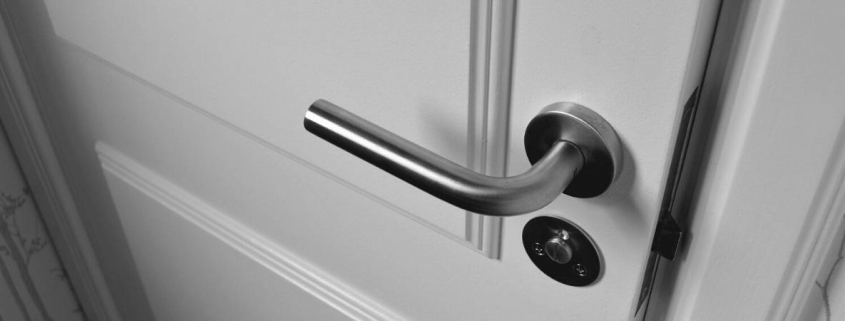1 of 10: The right to move on
“If I get a job my benefits will mess up. I won’t be able to afford my rent, then what? I’m back on the streets.”
People told us that once they had transitioned out of their need for support and had secured employment they then couldn’t afford to live in supported accommodation, leaving them facing an uncertain future.
The current supported housing system combines charges for accommodation and support. This has been viewed as an efficient and successful way to fund housing associations and supported housing providers to deliver a holistic approach to working with ‘vulnerable adults’. However, for many of the people we spoke to, it also creates a perverse incentive.
For those who do get a job their options are limited to either trying to find alternative accommodation, giving up their job, or to ‘go undercover’ and not declare their employment – risking fines and possible eviction. Even when the finances and arrangements are in place, for some being labelled as ‘vulnerable’, moving accommodation and settling into a new job is not an ideal combination. People even reported being encouraged by staff not to work until they had paid off their rent arrears. Not only is this costly to the system but it also stops people from moving on with their lives.
Mayday’s Response
Mayday recommends an alternative model of accommodation and support, where accommodation charges Local Housing Allowance rates or affordable rents. This would mean people do not have to move when they are successful in gaining employment. Support is Person-led, Transitional and Strength-based and totally separate to accommodation. Importantly, people can continue to access the support when they move.



